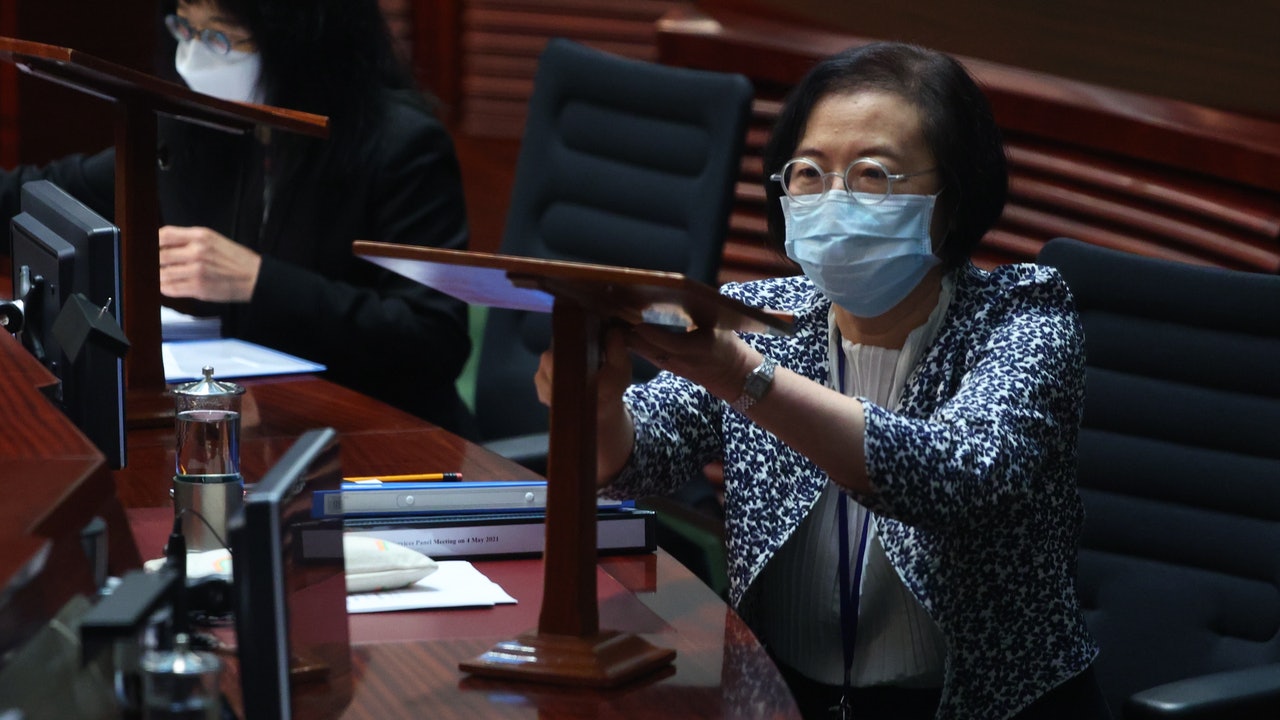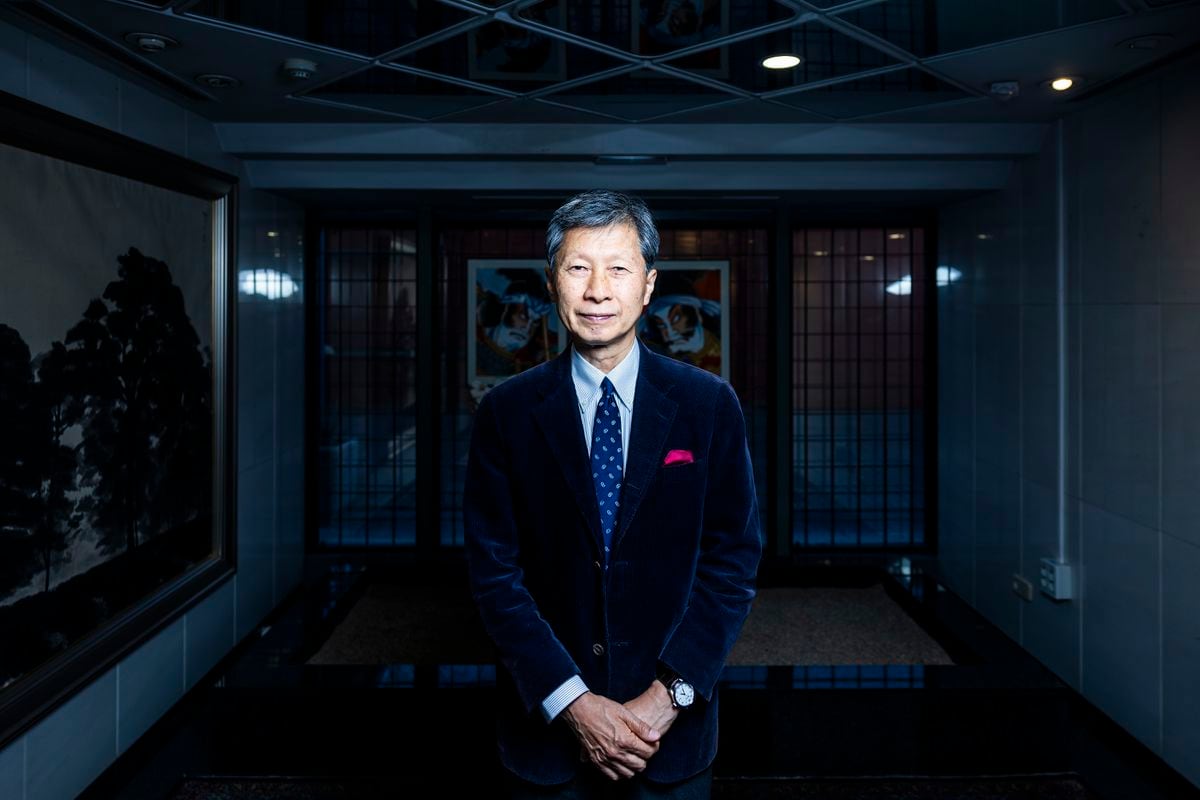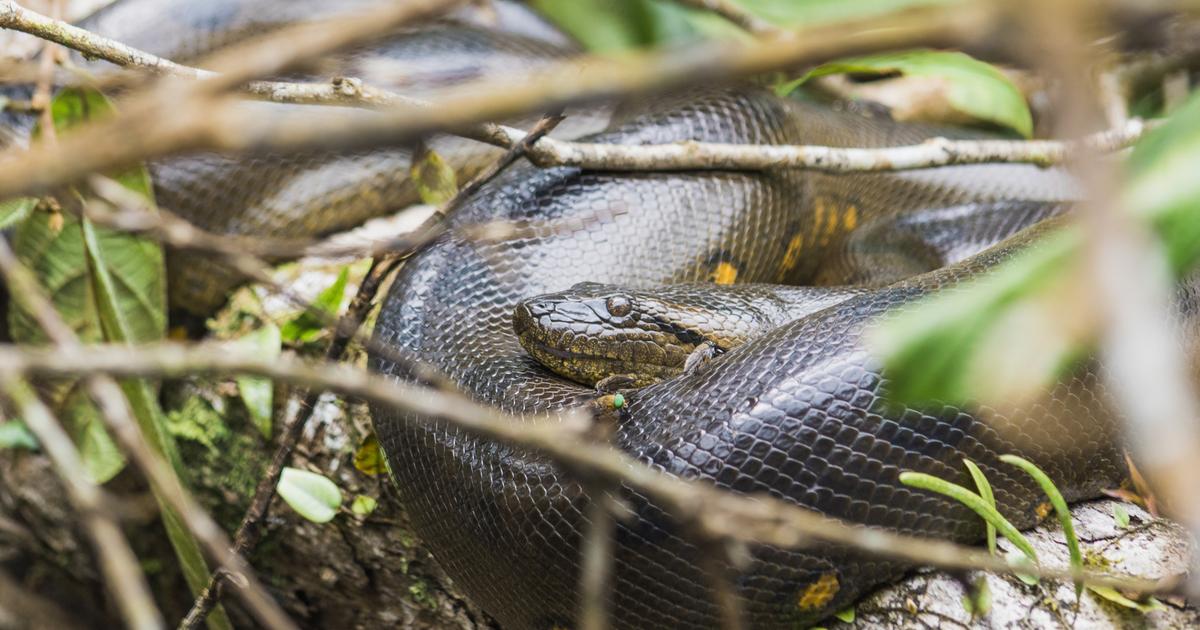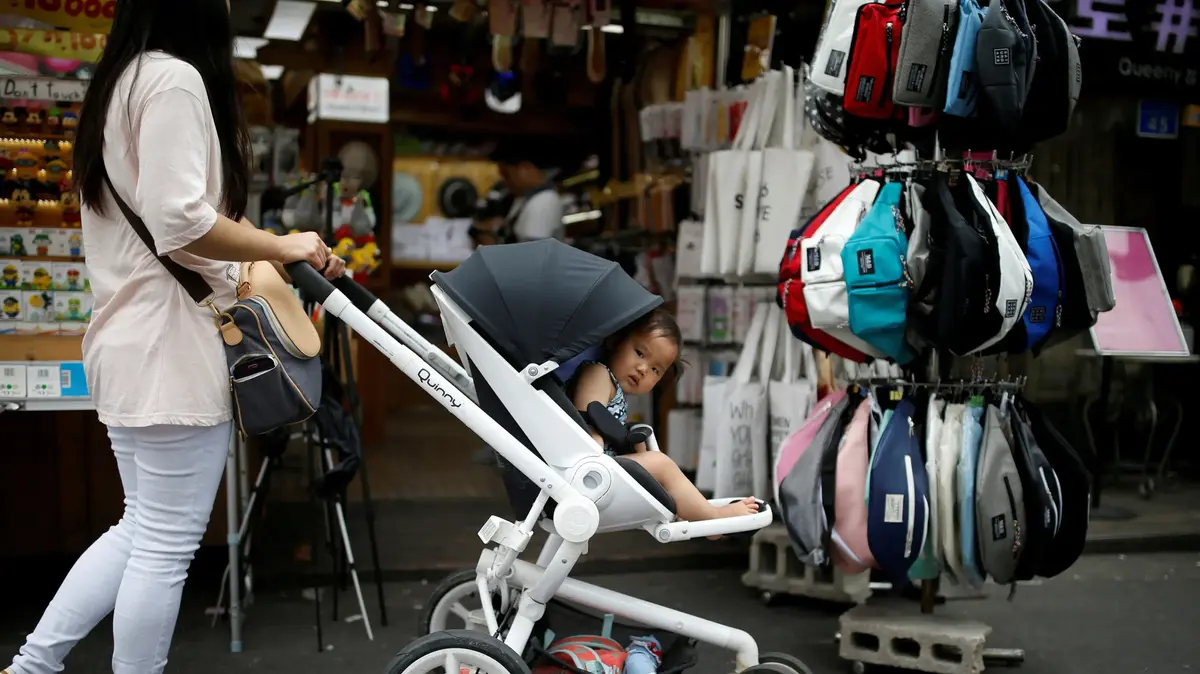Political situation
Written by: Zhou Lixi
2021-05-05 12:54
Last update date: 2021-05-05 12:54
The Japanese government announced last month that it would begin to discharge the purified and diluted nuclear waste water from the Fukushima Daiichi Nuclear Power Plant into the sea in two years. Neighbouring governments are opposed to it, worrying that radioactive substances will pollute the ocean and enter the food chain and endanger public health.
The Secretary for Food and Health, Chen Zhaoshi, said in a meeting of the Legislative Council today (5th) that the Hong Kong government has expressed strong and close attention and requested Japan to provide relevant data, methods, and environmental monitoring plans. It should not be unilaterally before the international community has reached a consensus. Emissions, and because the relevant issues involve diplomacy, the Hong Kong Government has reported its views to the Office of the Commissioner of the Ministry of Foreign Affairs in Hong Kong.
Chen Zhaoshi also pointed out that the constant food inspection program of the Center for Food Safety conducts 65,000 food sampling inspections every year. Japan also has continuous radiation inspections. Different counties and different types of food will be spot-checked, plus requirements at the source. Provide export radiation certificate.
She pointed out that since the Fukushima nuclear accident in 2011, in the additional tests carried out by the Hong Kong government, the radiation levels detected on 750,000 Japanese imported food samples did not exceed the radiation level requirements of the Codex Alimentarius Commission.
However, Chen also added that, depending on the data provided by Japan on the discharge of nuclear waste water in the future, additional testing of Japanese food cannot be ruled out.
Said that the Hong Kong government has expressed "strong and close attention"
In response to a question from Huang Guojian of the Federation of Trade Unions in the Legislative Council, Chen Zhaoshi pointed out that the Japanese side said earlier that the Fukushima nuclear power plant would first purify and dilute nuclear waste water before discharging, and the relevant plan would be approved by the government. Closely monitor the relevant safety.
She pointed out that the Hong Kong government has expressed strong and close attention to the incident and requested Japan to provide all relevant data, methods, and environmental monitoring plans with high transparency and should not unilaterally discharge before the international community has reached a consensus.
In terms of food, Chen Zhaoshi said that it is necessary to provide safety certificates for related agricultural products in Fukushima, Japan. The Hong Kong government will follow up with caution and will not rule out increasing import controls on Japanese food as the case may be.
She emphasized that only by fully disclosing relevant information to ensure the effective operation of the measures can relevant doubts be eliminated, saying that Japan needs to provide relevant information in a transparent manner.
She quoted the Ministry of Foreign Affairs as saying that the International Atomic Energy Agency will invite Chinese experts to join the follow-up group that is being established.
Huang Guojian asked that there were reports that some people in Japan squeezed fruits into juice for sale in order to escape.
Chen Zhaoshi responded that the Food Safety Center is paying close attention to this, but that the food will remove surface contaminants during processing. Japan adopts a higher standard than the Codex Alimentarius Commission. At the same time, the Food Safety Center has been monitoring it. In 2018- In the 19 year's juice and air-dried aquatic product samples, none of the output exceeded the level.
As an example, Chen Keqin showed a few bottles of Japanese-made drinks. He pointed out that some of the fruit juices and vegetable juices were only made in Japan on the label, and did not specify whether they were from Fukushima or Tochigi prefectures. He questioned the possibility of a loophole for contaminated products flowing into Hong Kong.
(Photo by Luo Junhao)
Chen Keqin worries about the risk of unclear brewing origin Zhang Yuren points out that eating Japanese food in Hong Kong is safer than Japan
The DAB Chen Keqin showed a few bottles of Japanese-made drinks as an example. He pointed out that some fruit juices and vegetable juices were labeled as "Made in Japan", and they did not indicate whether they were from Fukushima or Tochigi Prefecture. They doubted that they might be contaminated products. Loopholes flowing into Hong Kong.
Chen Zhaoshi replied that in addition to the regular food monitoring plan, the Food Safety Center has also strengthened surveillance of particularly high-risk areas. At the same time, packaged foods need to be labeled with readable labels. The authorities have also strengthened inspections. The question will be taken off the shelf immediately.
Liberal Party Zhang Yuren said that after the Fukushima accident in Japan in 2011, he went to Jiuzhou to inspect food inspections. Later, he went to Fukushima to inspect food in 2019. He pointed out that Fukushima’s food safety inspections are quite good, but the world eats the most Japanese food. The safe place is Hong Kong, which is even better than Japan because of its good supervision.
He also asked the authorities and the Food Safety Center to consider whether Japan will step up random inspections if seawater is discharged.
Chen responded that, depending on the relevant data provided by Japan, the increase in testing is not ruled out.
The Federation of Trade Unions Guo Weiqiang asked how the authorities would express their opposition to the drainage of the Japanese side.
Chen Zhaoshi said that he knows that the Ministry of Foreign Affairs of the People's Republic of China has made a strong statement, and the Hong Kong government has also expressed its support. Since the relevant issues involve foreign affairs, the Hong Kong government has reported its views to the Office of the Commissioner of the Ministry of Foreign Affairs in Hong Kong.
Japan’s Nuclear Wastewater|The DAB urges the Japanese government to stop the discharge of sea batches, destroying marine ecology and food safety
Japanese Nuclear Wastewater|Ministry of Ecology and Environment: Chinese experts invited to join the IAEA working group
Zhao Lijian posted an imitation of Ukiyo's painting on Twitter to satirize the Fukushima nuclear waste water and Japan protested for deletion of text
01News
Chen Zhaoshi








/cloudfront-eu-central-1.images.arcpublishing.com/prisa/ZDBP4CG6MNDWLDXW6EYIYECTLY.jpg)